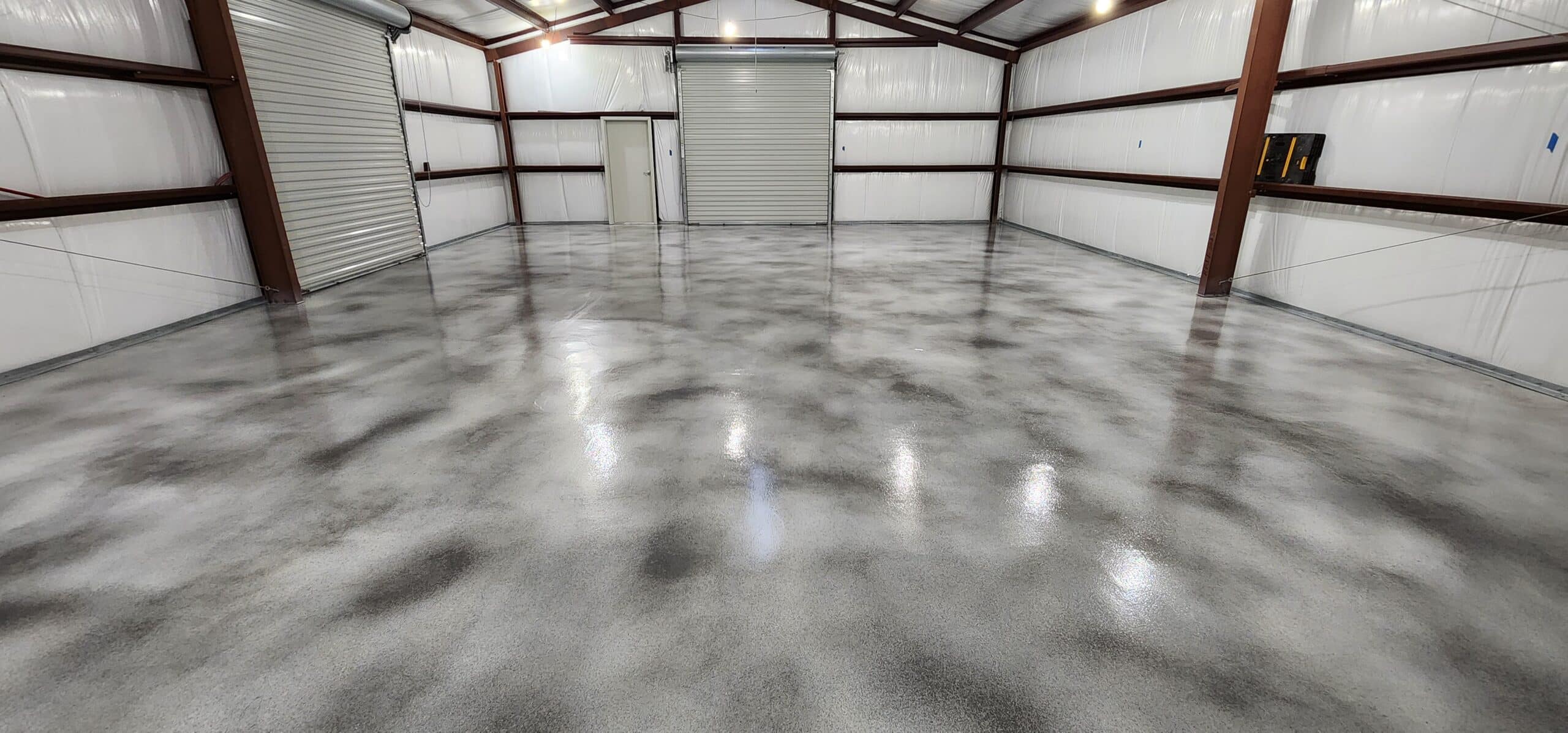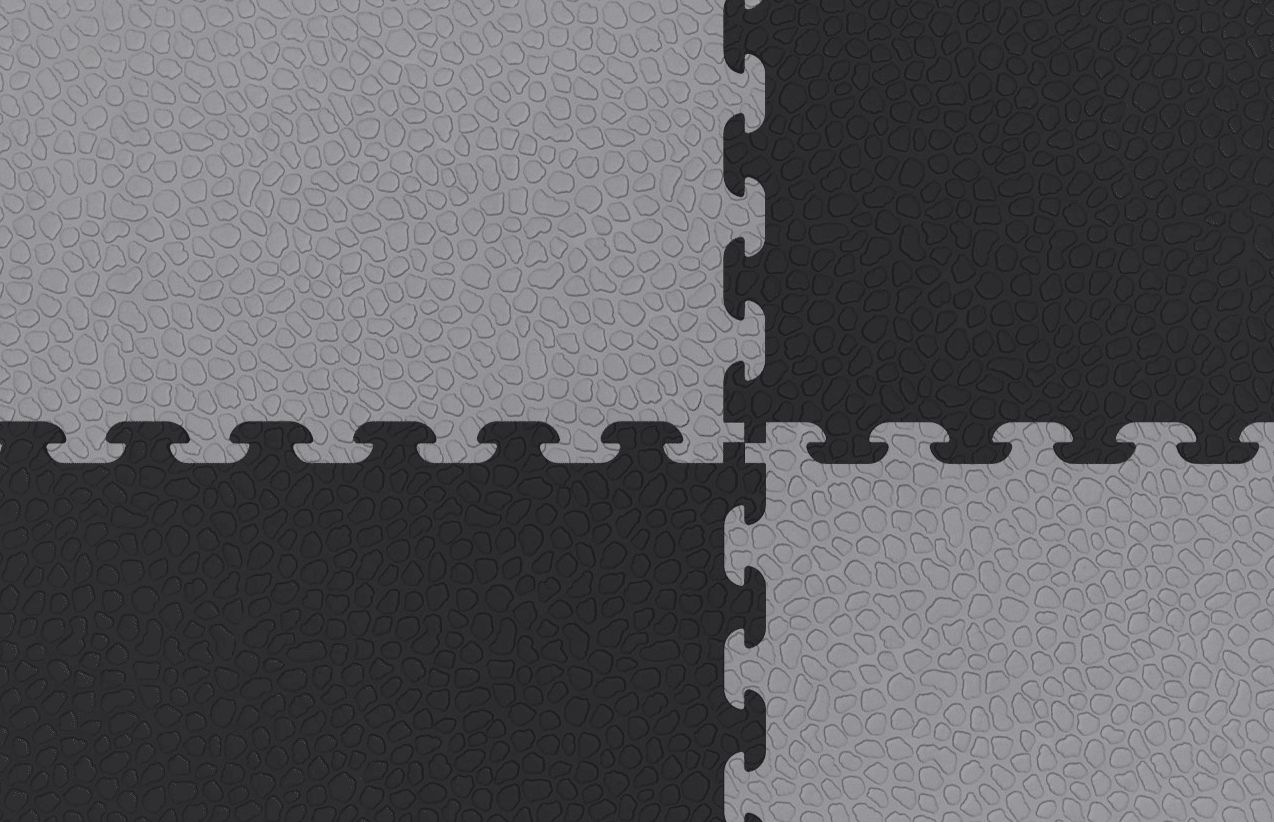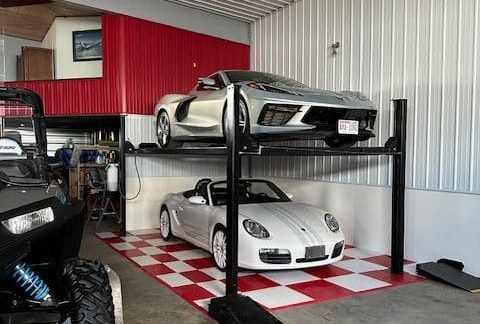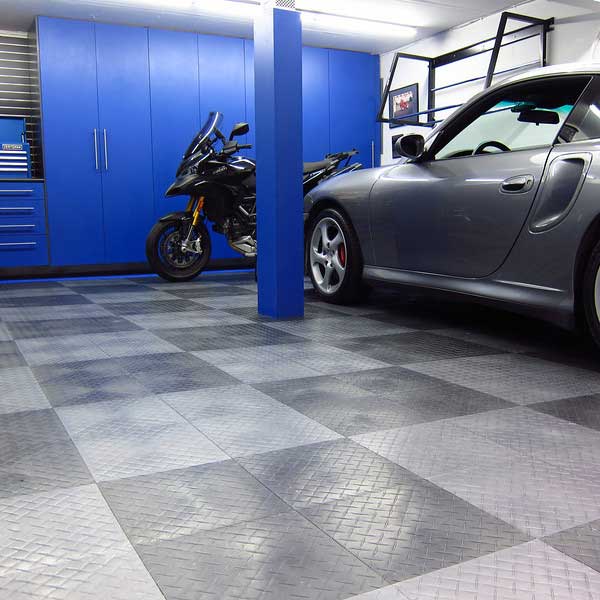Choosing the right coating for your garage floor is a significant decision. At Garage Flooring LLC, we offer two of the most popular and durable options: polyurea and epoxy. While both provide excellent protection and enhance the look of your garage, they have distinct characteristics that cater to different needs and preferences. Let’s break down the key differences between polyurea and garage epoxy to help you make the best choice for your space.
Durability: The Long-Term Battle
- Polyurea: Often considered the more robust option, polyurea boasts exceptional resistance to abrasions, impacts, and scratches. It’s incredibly flexible, making it less prone to chipping or cracking, even in extreme temperatures or with heavy use.
- Epoxy Coating: Garage epoxy is also highly durable and significantly tougher than bare concrete. However, it can be more rigid than polyurea and may be more susceptible to chipping or cracking under significant impact or in fluctuating temperatures.
Cure Time: Getting Back to Business Faster
- Polyurea: One of the standout advantages of polyurea is its incredibly fast cure time. Polyurea coatings can be walked on within 24 hours and have full use after 72 hours. This minimizes downtime and allows you to get back to using your garage quickly.
- Epoxy Coating: The cure time for an epoxy coating is typically longer, often ranging from several days to a week, depending on the specific product and environmental conditions. This extended downtime is a key consideration for those needing immediate access to their garage.
Resistance to Chemicals and Stains:
- Polyurea: Polyurea exhibits excellent resistance to a wide range of chemicals, including oils, gasoline, solvents, and salts. Its non-porous nature makes it highly resistant to staining.
- Epoxy Coating: Garage epoxy also offers good chemical resistance, protecting your floor from many common garage substances. However, some harsh chemicals might stain or degrade epoxy over prolonged exposure.
Temperature Sensitivity:
- Polyurea: Polyurea is significantly less sensitive to temperature fluctuations than epoxy. It can be applied and perform well in a broader range of temperatures, making it a better choice for unheated or colder climates.
- Epoxy Coating: The application and curing of an epoxy coating are more sensitive to temperature and humidity. Extreme temperatures can affect the curing process and the final durability of the coating.
Application and Installation:
- Polyurea: Due to its rapid curing time and single-component build, Polyurea is typically the easier option for unexperienced installers. It requires less mixing and has a much longer working time than epoxy coatings.
- Epoxy Coating: Applying epoxy can be more of a challenge for beginners. Unlike Polyurea, epoxy requires mixing a hardener agent into the coating before applying it, which requires precise measurements. After the product is mixed, there is a much shorter amount of time to spread the product out before it begins to harden.
Cost Considerations:
- Polyurea: Generally, polyurea coatings tend to be less expensive upfront than many high-end epoxy coatings.
- Epoxy Coating: While basic garage epoxy kits can be budget-friendly for DIY projects, premium epoxy systems with specialized additives or thicker mil applications can often exceed the cost of comparable polyurea options. It’s important to compare specific product lines and consider the long-term durability and potential for easier maintenance with polyurea when evaluating overall value.
The Verdict: Choosing What’s Right for You
Both polyurea and garage epoxy offer significant benefits over an unprotected concrete floor. The best choice for your garage depends on your specific needs and priorities:
- Choose Polyurea if: You prioritize maximum durability, a very fast return to service, superior chemical resistance, and are looking for a potentially more cost-effective solution compared to premium epoxy systems. It’s often the ideal choice for high-traffic garages or those exposed to harsh elements. While adding durability by being more flexible, Polyurea will cure to be thinner than an epoxy coating overall. Due to the thickness of Polyurea, it is less likely to fill in cracks and imperfections in the concrete than epoxy.
- Choose Epoxy Coating if: You are looking to prioritize thickness and are interested in the wider range of color options offered by our Epoxy kits compared to Polyurea. Epoxy is a thicker coating than Polyurea, and therefore more likely to be able to fill in small imperfections in the surface without having to fill them before the coating is applied.
At Garage Flooring LLC, we offer both high-quality polyurea and epoxy coating solutions. Contact our experts today to discuss your garage flooring needs, and we’ll help you determine the best option to create a durable and beautiful space for years to come.




